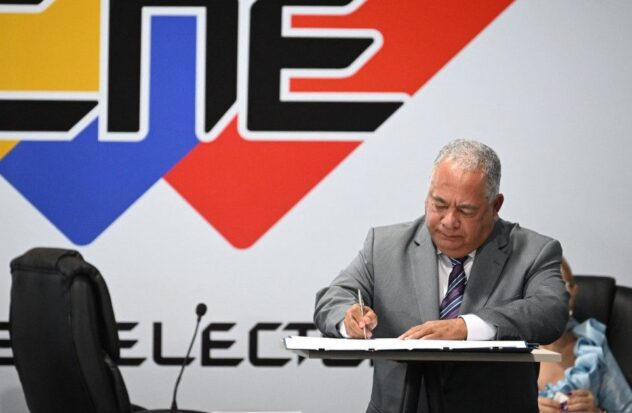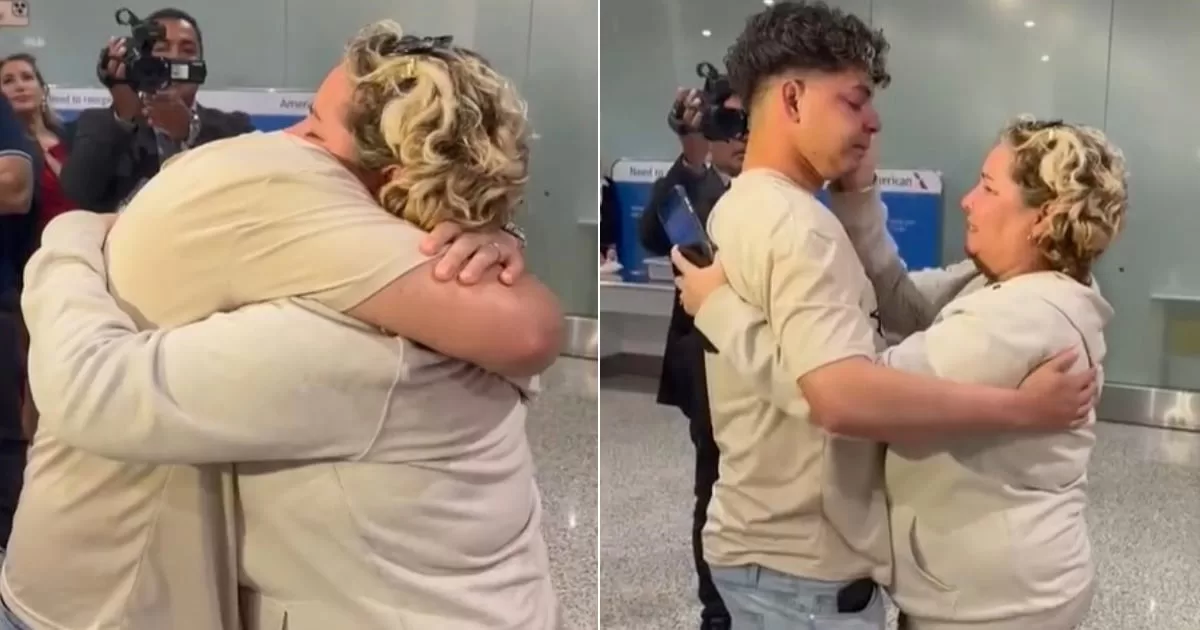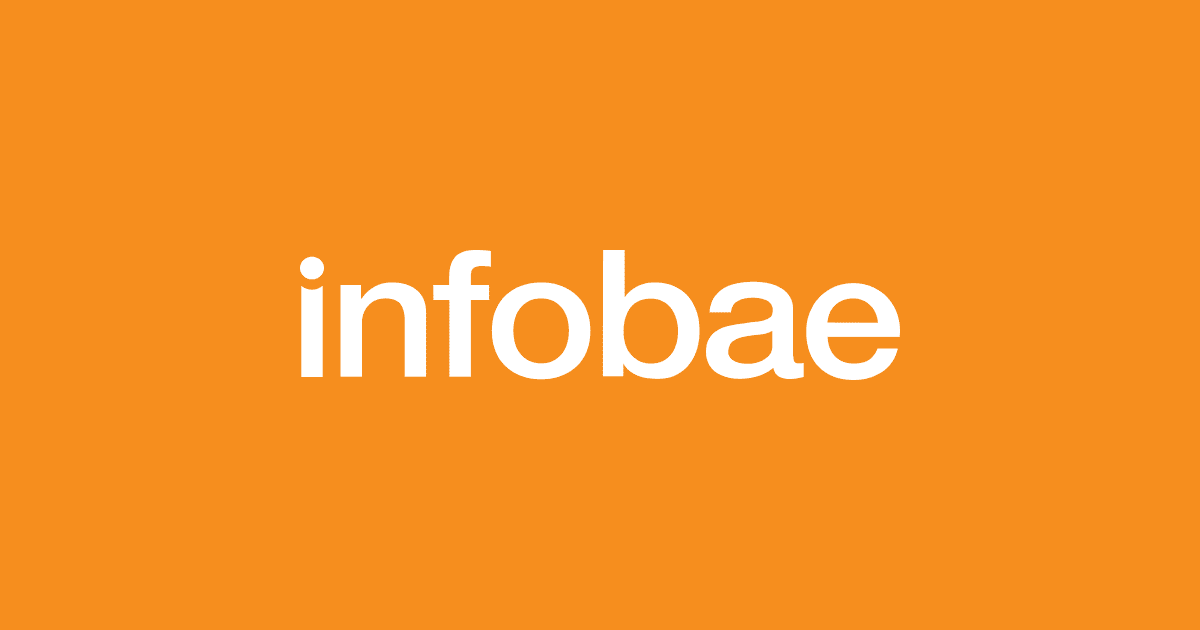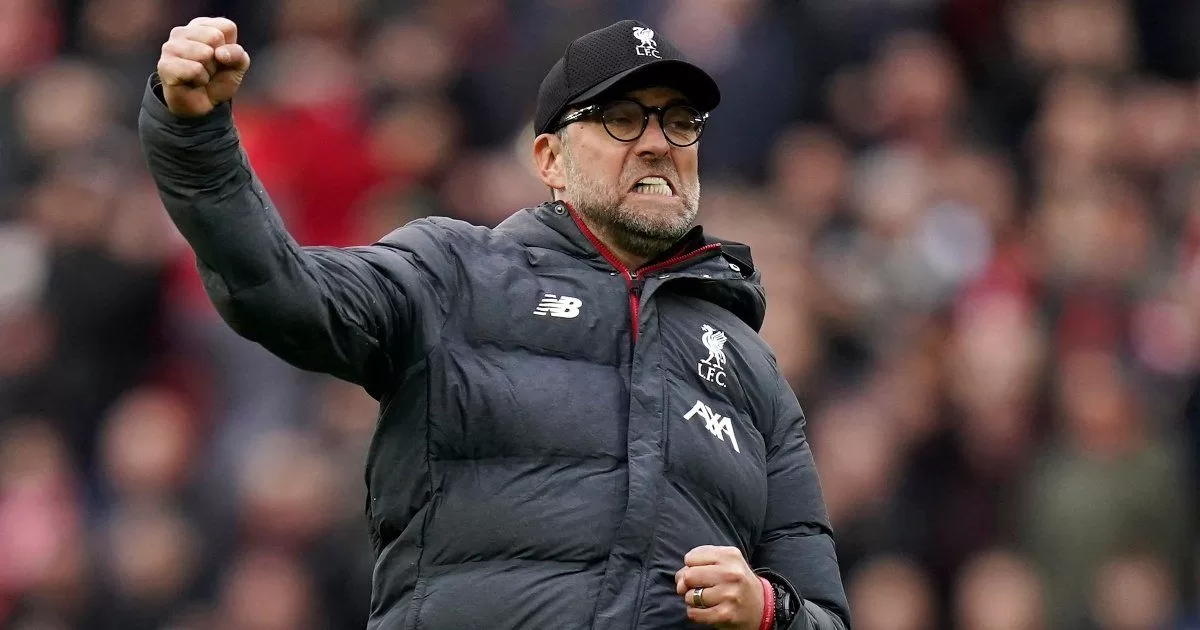CARACAS.- With just four days to go before Venezuela’s presidential elections scheduled for July 28, the Nicolás Maduro regime has imposed restrictions on the accreditation of qualified international electoral observers to serve as guarantors of a transparent and democratic process.
So far, the regime has mainly accepted observers from groups that have in the past been uncritical of its socialist project, which poses a challenge for the Venezuelan opposition to maintain its strategy of defending the vote in the absence of reliable international observers.
For the elections of July 28 in the South American country, the National Electoral Council (CNE), affiliated with the regime, maintains the invitation to seven international delegations as electoral observers, including the Community of Latin American and Caribbean States (CELAC), the Caribbean Community (CARICOM), the Inter-American Union of Electoral Organizations (UNIORE), the African Union, the Council of Electoral Experts of Latin America (CEELA) and the Observatory of Strategic Thought for Regional Integration (OPEIR).
The organizations that plan to send experts so far are CELAC, an organization promoted by the late president Hugo Chávez to counter the OAS and CARICOM.
Once the registration process for international observers was completed, the Chavistas announced that more than 635 international observers had confirmed their visit to Venezuela to witness the process in which 10 candidates will compete, including the official candidate Nicolás Maduro, who is seeking a third re-election, and the candidate of the majority opposition, Edmundo González Urrutia.
For its part, the United Nations (UN) announced last June that it would send a team of four experts, who will limit themselves to providing the UN Secretary General, António Guterres, with “an independent and internal report” on the general development of the presidential elections in that country.
The Carter Center confirmed its presence in the electoral observation process on July 28 on Friday, June 21, although the mission, led by Jennie Lincoln, the NGO’s senior advisor for Latin America and the Caribbean, will be limited in size and scope.
According to statements by the organization created by former US President Jimmy Carter, the team of experts that arrived in Venezuela on June 29, “given its size and limited scope, the Carter Center mission will not conduct a comprehensive evaluation of the voting, counting and tabulation processes.”
In May, the governments of Brazil and Colombia, considered allies of the Venezuelan regime in the region, announced that they would not send observers to the elections in the South American country. However, the Superior Electoral Court (TSE) of Brazil finally decided to appoint two representatives to monitor the electoral process: the director of the Electoral Management Advisory Board of the TSE, Sandra Damiani, and the head of the Coordination of Electoral Systems, José de Melo Cruz.
Brazilian President Luiz Inácio Lula Da Silva stressed in early June the importance of having a “broad presence” of international observers in the July elections, during a telephone conversation with his counterpart, Nicolás Maduro.
Rejection of the European Union
The announcement came shortly after the Venezuelan electoral body revoked the invitation to a European Union Electoral Observation Mission (EOM) to oversee the election, after the bloc extended sanctions against Venezuelan officials and lifted those against several of them, including that of Elvis Amoroso, president of the CNE.
This is despite the fact that the Barbados Agreement, signed in October 2023 between the Maduro regime and the Democratic Unitary Platform (PUD), established the promotion of political rights and electoral guarantees for the upcoming electoral process.
The EU was a traditional observer of electoral processes in Venezuela until 2006, when the Electoral Power stopped allowing formal international observation.
After a 15-year absence, in 2021, an EU observer mission visited Venezuela to observe the regional and municipal elections on 21 November in that country.
@Lydr05
Source: With information from Infobae, The Voice of America, Efecto Cocuyo and El Nacional




